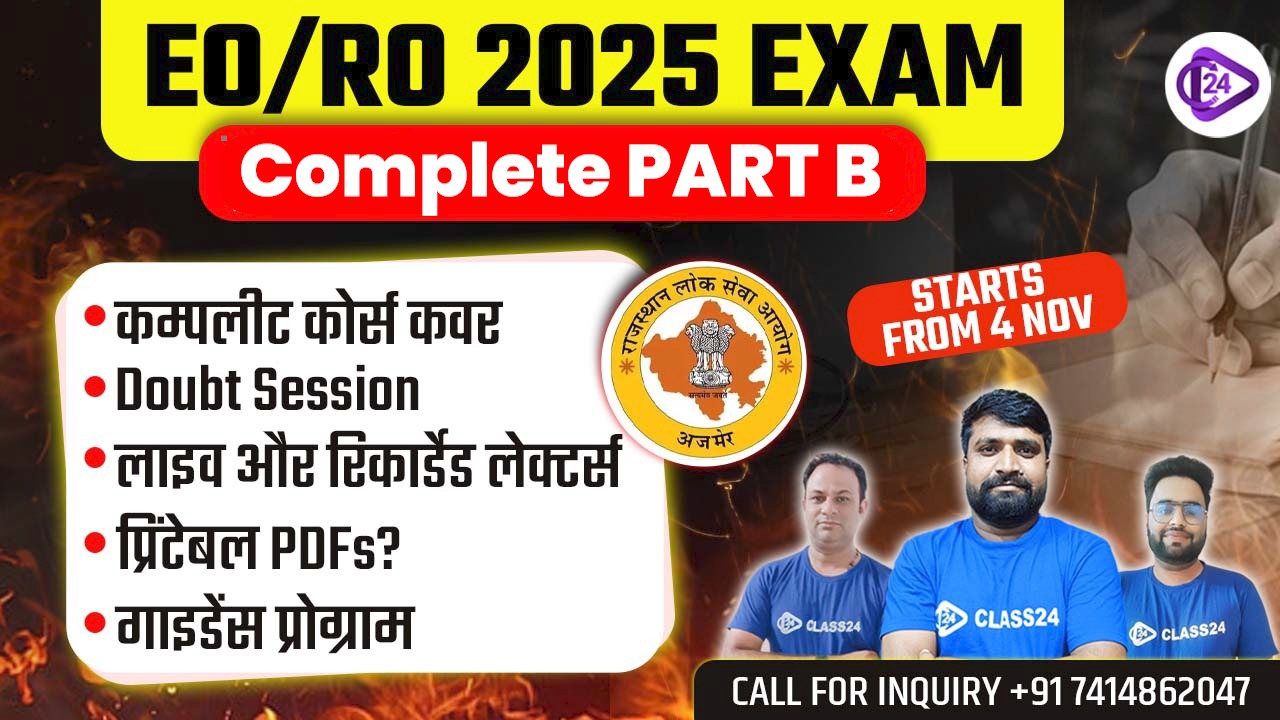
In COP29 UN Climate Change Conference 2024, India emerged as the global leader in formulating the climate narrative. When global policymakers met to address international cooperation in tackling climate change, India stepped in as a pioneer of fair approaches to combating climate change for developing nations. India’s active engagement at the COP29 will be evident to members and the rest of the world people as it battles out climate justice in an attempt to warrant for the voices of the Global South.
Details:
Financial Support for Developing Nations:
-
India equally was at the forefront demanding developed countries to give adequate financial assistance to the development countries that are worst affected by climatic change. India’s delegation demanded that developed countries have to continue to fulfill their pledge of providing $100 billion per year towards climate action in the Global South. It can also be used to become climate-proofed especially since higher temperatures, and other varying climatic circumstances are on the rise.
Climate Finance Mechanism:
-
One success story of the conference was the launch of a new climate finance which was aimed at providing funding for Climate change adaptation and mitigation through helping vulnerable countries get the money they need. India has been very much in favour of its formation to help check that the money is well spent and equitably, particularly to the needy countries.
India’s Role in Climate Leadership:
-
India also highlighted equity and demand justice parts of climate change solutions saying that every country should take equal share of load according to their emissions profile. The country also emphasized on the implementation of technologies and energy for the poor to enable the developing nations to move to the low carbon development.
Commitment to the Paris Agreement:
Late in 2015, Modi was one of nearly 200 world leaders who signed the Paris Climate Accord in which India pledged to continue avoiding increasing its temperature beyond the Paris accord well below 2° Celsius, or work towards limiting the rise to 1.5° Celsius with the stipulation that necessary actions would be implemented as soon as possible. India reiterated that countries must keep their emission reduction commitments through collective action and financial commitments that are coherent with each other.
Relevance to Exams:
-
UPSC Mains: This topic falls directly into General Studies Paper II (International Relations/Global Institutions) and General Studies Paper III (Environmental Issues/Climate Change). This is why, India’s active participation in COP29 can raise questions for discussion on India’s foreign policy, environmental diplomacy and climate governance in international level. For UPSC Mains Essay Paper, it also has a good background on essays related to sustainable development for climate change and international cooperation.
-
SSC Exams: For SSC exams, this can be divided into two areas of Section – International Relations and Environment, those covering India’s position in climate treaties and its participation in other global environmental forums.
Knowledge about India’s stand at COP 29 would enable the candidates to critically evaluate the position of developing nations in Climate Change negotiations, more so India’s diplomacies over the climate change policies as well as how international policies impacts the national concerns in environmentalism.
Analysis:
India as the host of COP29 shows the growing role that the country plays in climate change negotiations. By pushing for climate finance, equitable solutions and climate justice, India further underlined the notion that Climate Justice should not be a dream for developing countries, but the development should be everyone’s birth right. It is a positive development that the country has embarked on the process of guaranteeing that funds are funneled to the fund to be used for the benefit of vulnerable countries to enhance global climate equity.
India’s demand on the developed countries to bring financial commitment is crucial as the country is aggressively demanding for developing nations to have a minimum of one billion US dollar annually to fight climate change impacts. In addition, through support of low-carbon technologies and calls for renewable energies, India is seeking a role as the climate leader while also participating in the construction of the global green economy.
Implications:
Diplomatic Standing:
-
Stakeholders in India know that its participation in COP29 will improve Indian diplomacy in the international system especially in climate diplomacy. The below points illustrate the importance of the campaign for increase in climate finance by India for supporting the cause of other developing nations and thus position India for new alliances for Leadership on climate governance in the Global South:
Policy Influence:
-
The case analysis shows that India’s active promotion of climate finance and equitable solutions is likely to shape future climate policies on global and domestic levels. However, it may increase the cooperation of developed and developing countries on partnerships associated with the advancement of climate change and better technologies in different countries.
Impact on India’s Climate Policy:
-
They could also affect the climate change related domestic policies in India; the outcomes from COP29. India may come up with new measures in climate adaptation, renewable energy, and sustainable development which are consistent with intended nationally determined contributions INDCs. It could also be beneficial in the promotion of raise green technologies and climate change resilient structures in India.
Conclusion:
It brought into the limelight the increasing positive impact of India in the climatic change policy of the world and the increasing role of the nation in the fight for justice in the climate change endeavour. In its pursuit to engage for financial commitments, fair implementation, and technological advancement, India is putting itself in a sustainable development front-runner. It will assist vulnerable countries in terms of climate change impacts and the mechanisms agreed on at COP29 willwhether affect the future of the states and the world in terms of climate sustainability.
With the call on both developed and the developing countries to increase their respective levels of mitigation inputs, India has enhanced its standing and played a more assertive diplomacy on climate change while cementing its commitment as a suit to climate justice. The debates at COP29 are still an interesting illustration of India’s broad objective to build a better world in terms of sustainability requirements.
Chat With Us


 High Seas Treaty UNCLOS Milestone Marine Conservation
High Seas Treaty UNCLOS Milestone Marine Conservation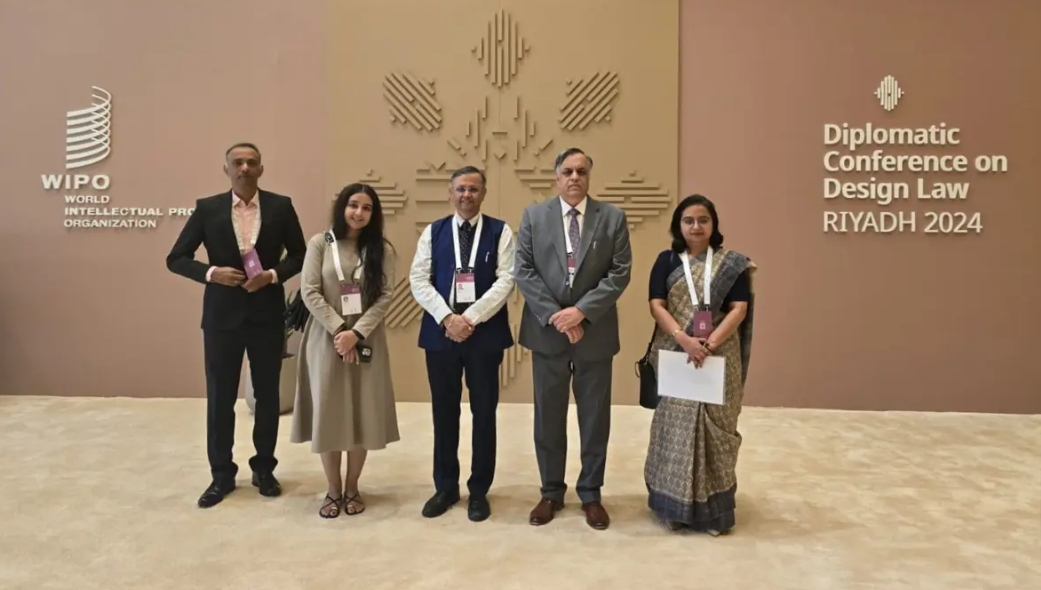 India Signs Riyadh Design Law Treaty IPR
India Signs Riyadh Design Law Treaty IPR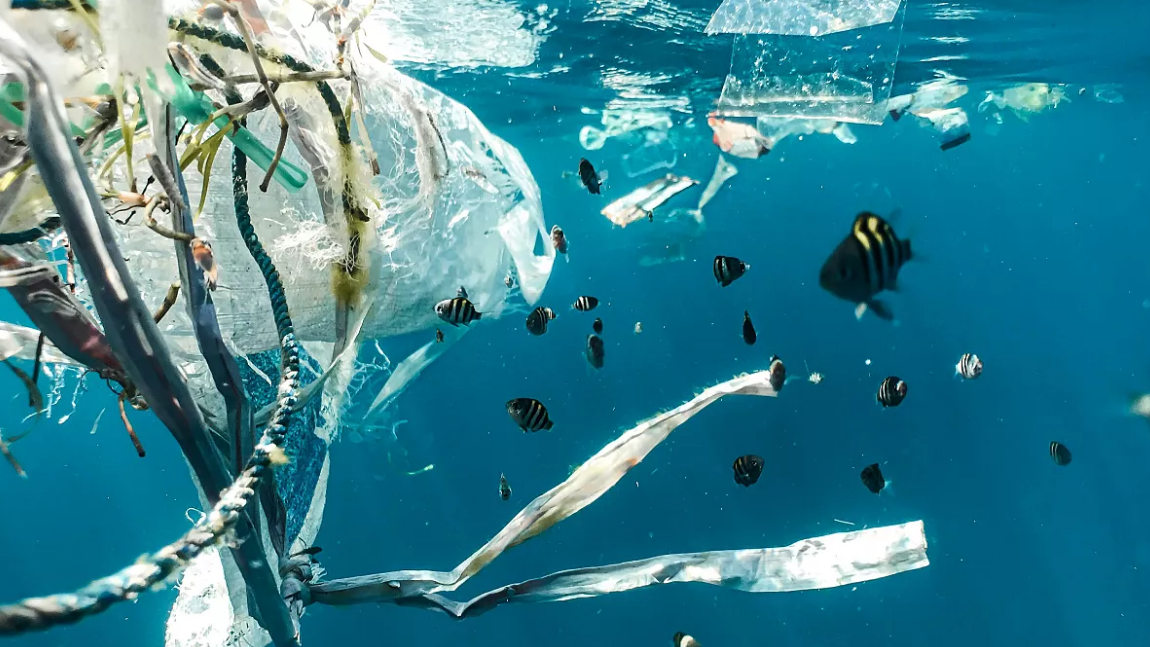 Global Action Against Plastic Pollution Treaty 2025
Global Action Against Plastic Pollution Treaty 2025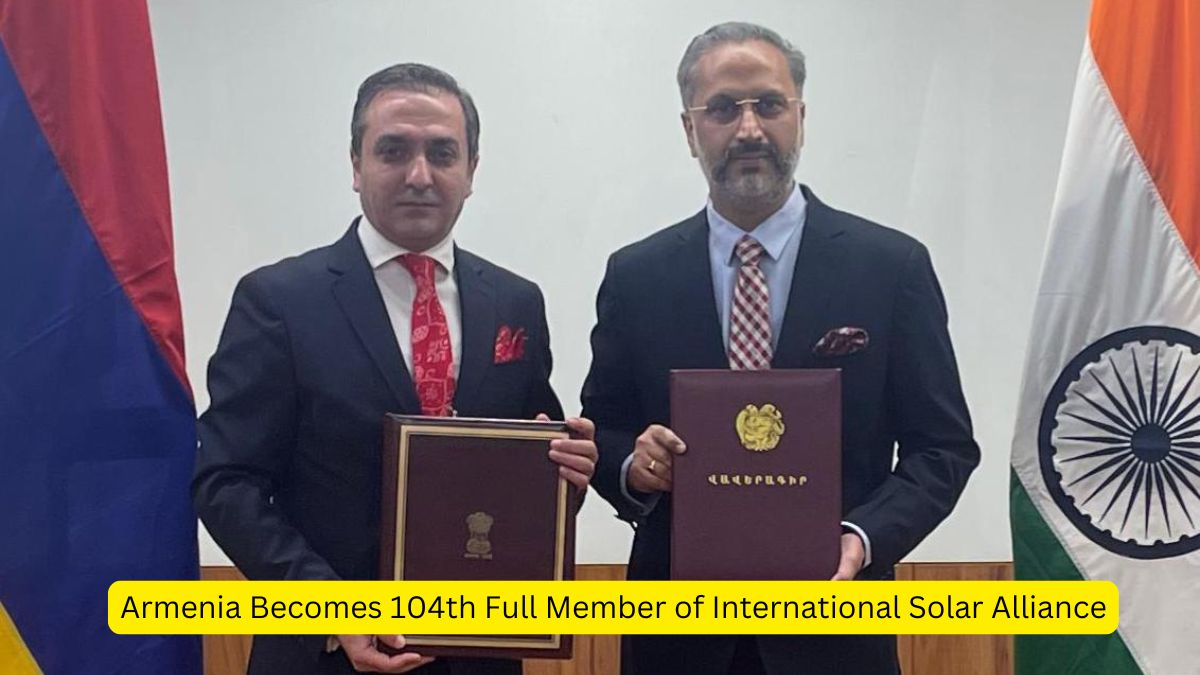 Armenia Joins International Solar Alliance as 104th Member
Armenia Joins International Solar Alliance as 104th Member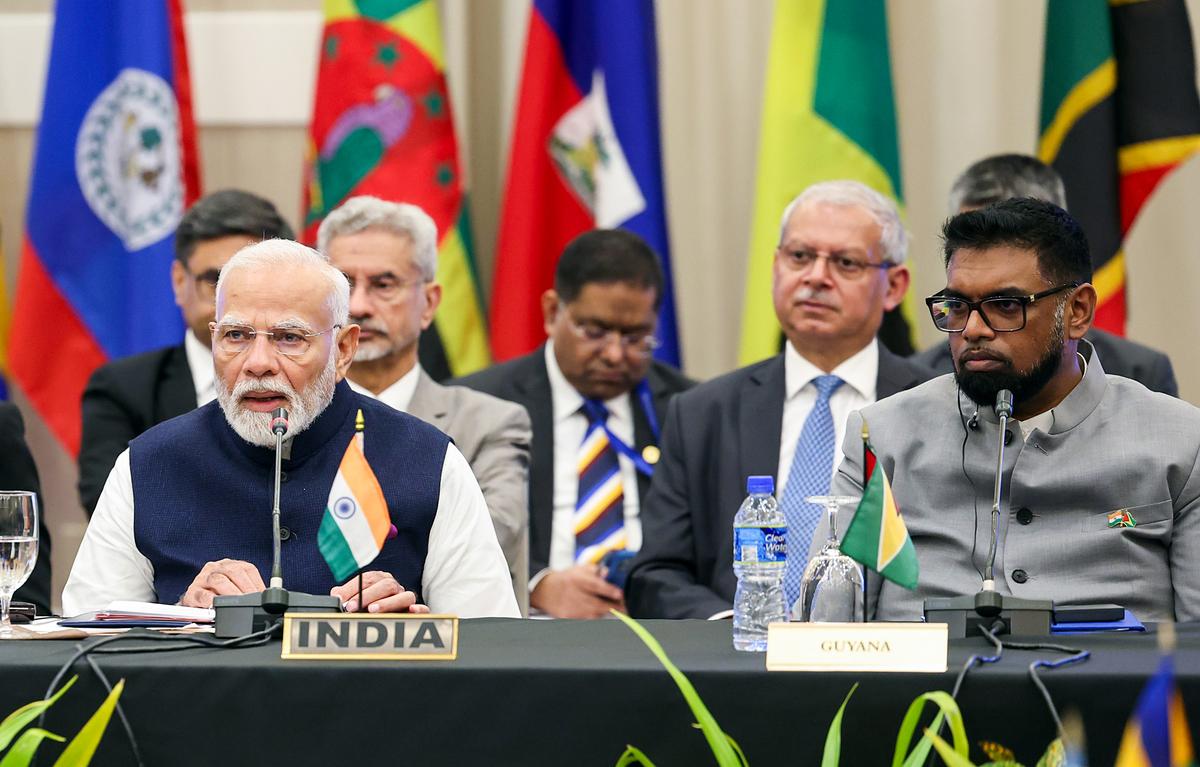 India Caricom Summit Strengthening Ties Global Cooperation
India Caricom Summit Strengthening Ties Global Cooperation Climate Finance NCQG Global Inequities and Funding Solutions
Climate Finance NCQG Global Inequities and Funding Solutions Adani Group Legal Issues Bribery Fraud Global Impact
Adani Group Legal Issues Bribery Fraud Global Impact Children facing environmental challenges global crisis
Children facing environmental challenges global crisis Donald Trump high Traffics on Chinese Imports
Donald Trump high Traffics on Chinese Imports




